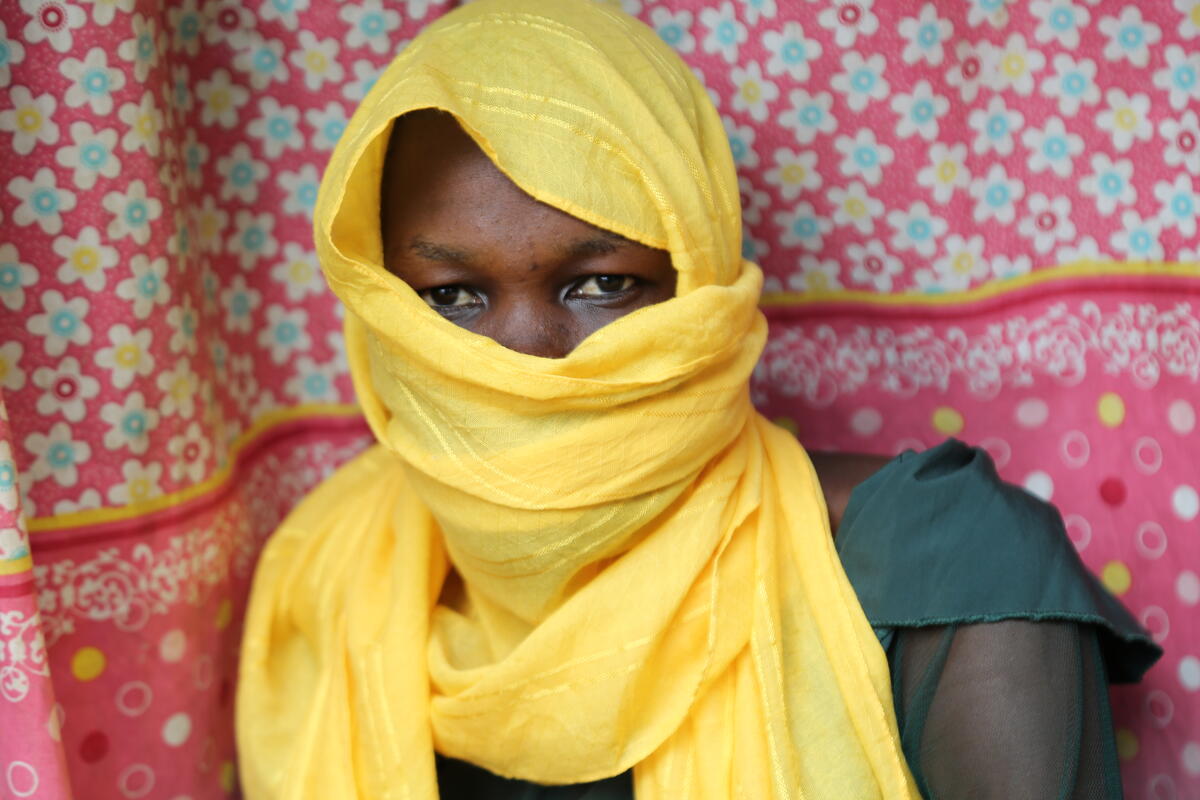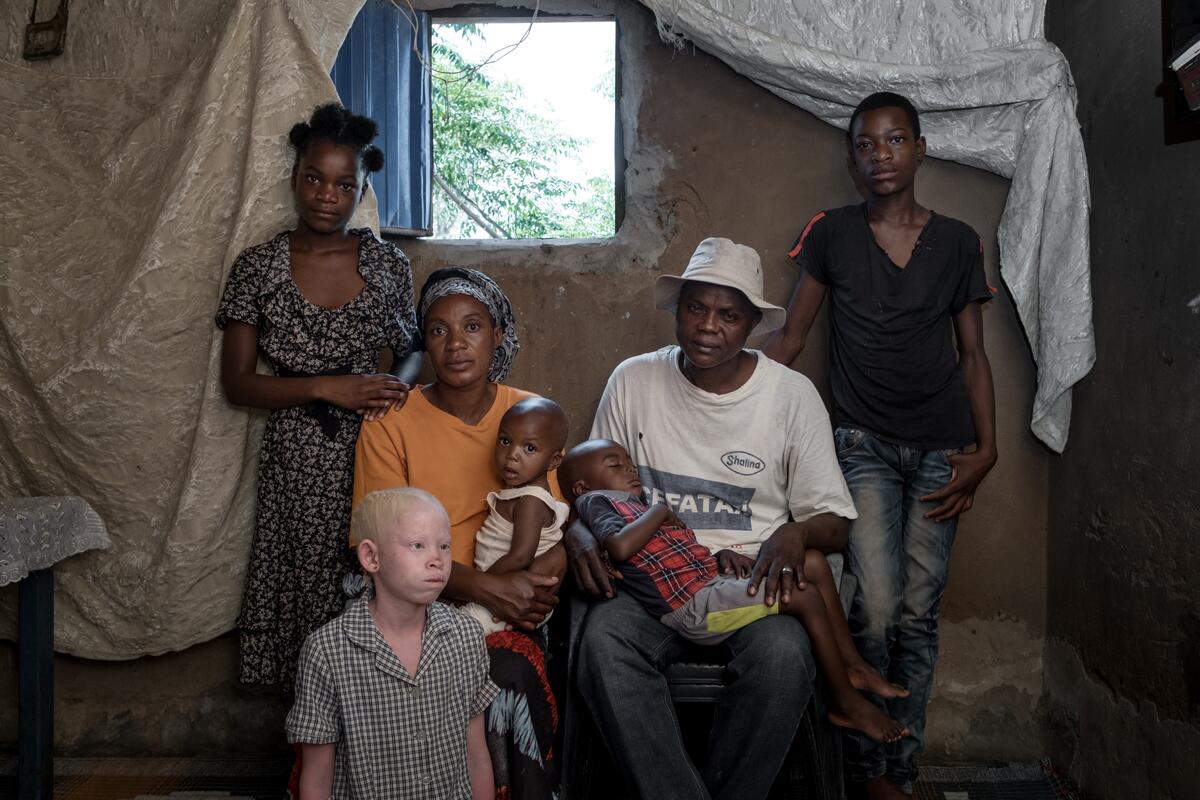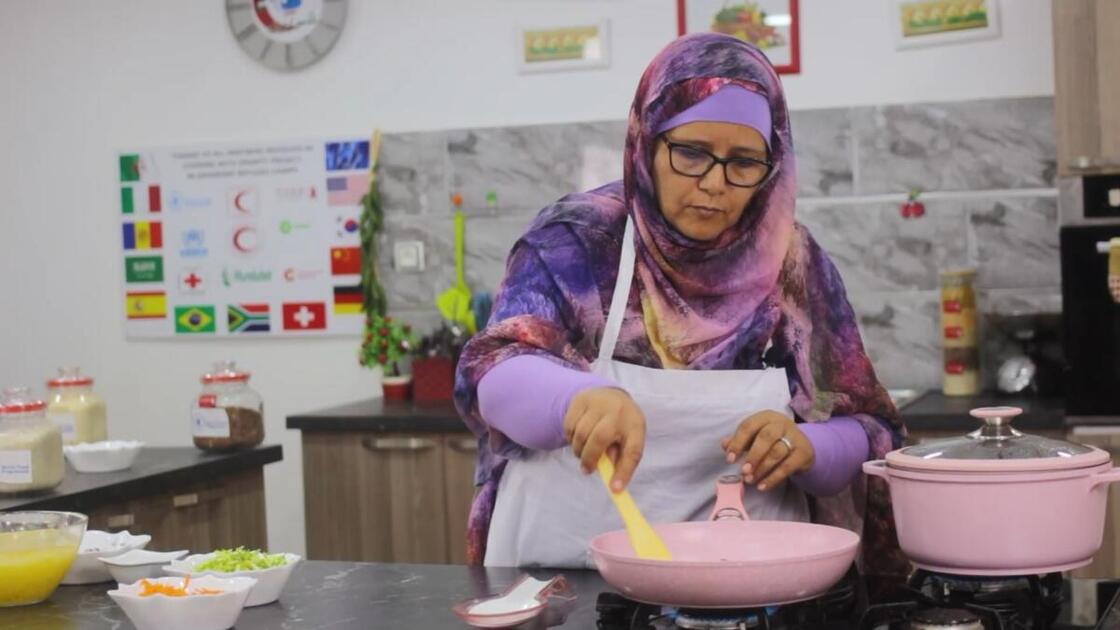UN refugee and food officials urge more support for Africa
UN refugee and food officials urge more support for Africa

GENEVA, July 16 (UNHCR) - UNHCR Assistant High Commissioner Kamel Morjane on Wednesday said insufficient food aid and a lack of other essential services in a number of African countries is jeopardising the safety and well - being of refugees living there.
Morjane made the remarks in Geneva on Thursday during a briefing for donor nations organised jointly with the World Food Programme's Deputy Executive Director, Jean - Jacques Graisse. Morjane said interruptions in the food pipeline this year could have a negative impact on the refugees' health and general well - being, making them more vulnerable to abuse, including sexual exploitation. He mentioned refugee populations in Tanzania, Kenya, the Democratic Republic of the Congo, Uganda, Sudan and Chad.
Of Africa's 3.3 million refugees, 2.2 million are helped by UNHCR, 45 percent of them minors. Morjane noted that nine out of 10 top refugee - producing countries are in Africa.
But he said humanitarian budgets in Africa today are so tight that there is virtually no flexibility in coping with unforeseen situations such as sudden refugee movements and dealing with the effects of natural disasters on refugee settlements. Earlier this week, UNHCR was forced to appeal for more than $14 million in additional funds to cover the cost of new situations that had arisen in Africa in the course of this year alone.
WFP's Graisse echoed many of UNHCR's concerns in urging better funding for refugee programmes. He noted that under - funding of UNHCR had a negative impact on the refugees' food situation.
"We hate it when our partners are not fully funded and when beneficiaries are forced to sell food," he said.
Morjane cautioned that the environment in which UN humanitarian agencies work was becoming more and more difficult, even in areas that have traditionally welcomed refugees. In many countries, the presence of armed elements, poor standards of assistance and increasing hostility toward refugees made physical protection "a daunting task." He deplored what he called "low resource availability" for refugee programmes, especially those in protracted crises.
But while urging more humanitarian aid, Morjane also warned that aid alone cannot be regarded as a replacement for political solutions to the problems that are at the root of displacement crises. "Protracted refugee situations are not sustainable," he said
Morjane said availability of food aid and key services was also essential in post-conflict situations such as Angola and Sierra Leone to ensure that refugees actually go back to their homes and can stay there.
"Food is an essential part of any returnee situation," he said.
The Assistant High Commissioner stressed that humanitarian agencies such as UNHCR and WFP must work together with development and poverty eradication organizations like the UN Development Programme and the World Bank to make sure that refugee returns work.









